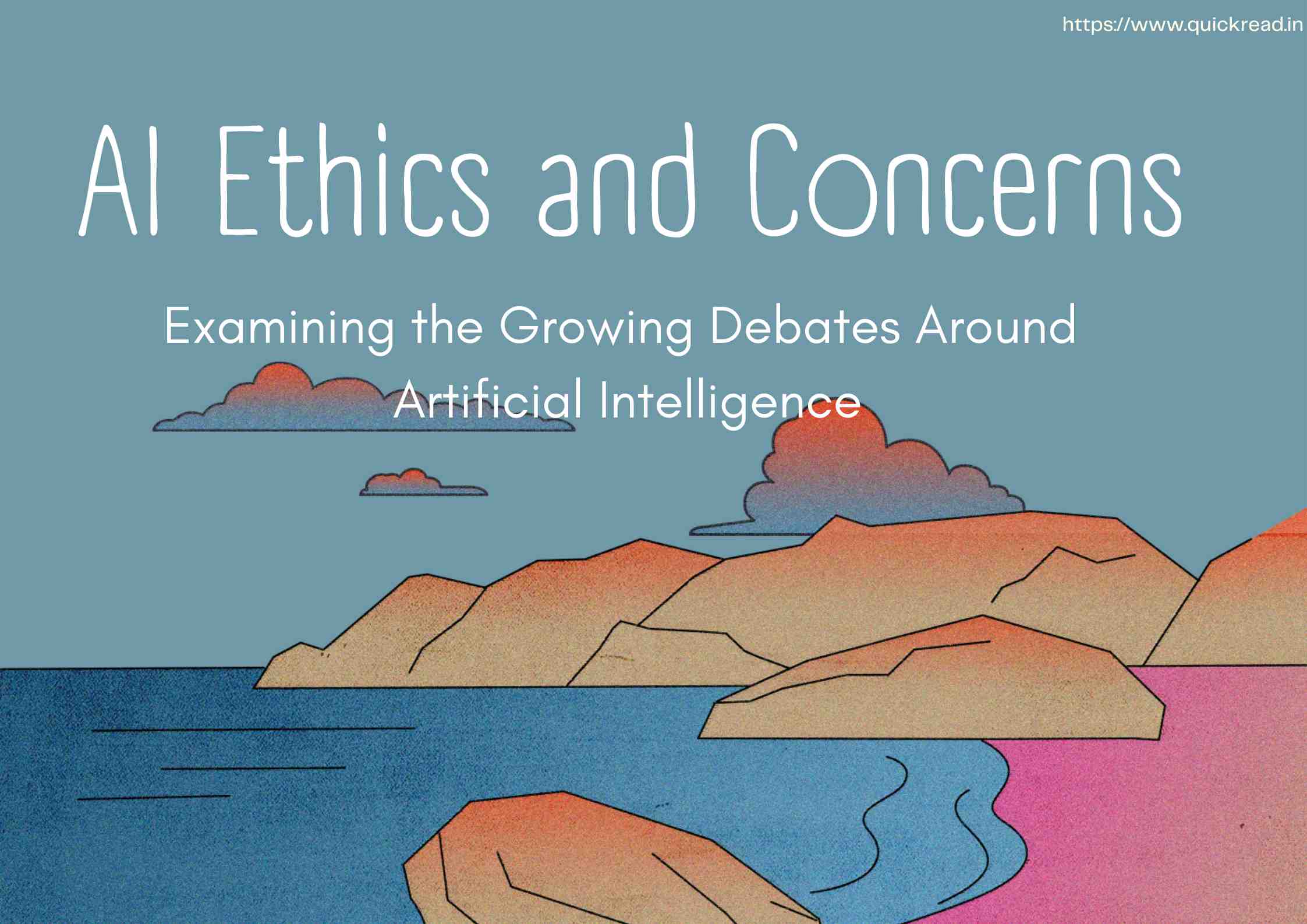Introduction
Artificial intelligence has exploded in capability and adoption over the past decade. ChatGPT and other cutting-edge AI like DALL-E 2 showcase the technology’s vast potential to transform how we work, live and interact.
However, alongside the enthusiasm is an escalating debate around AI ethics. Search trends show increasing concerns about AI’s societal risks and the need to ethically guide its development. This article will dive into the debates around AI bias, job loss, privacy and safety that require urgent attention.
Addressing AI Bias
One huge area of concern is that AI systems display and amplify harmful biases along race, gender and socioeconomic lines. Facial recognition and risk assessment tools have demonstrated racial and gender bias.
These biases creep in from flawed or unrepresentative training data that replicates systemic prejudices. It underscores the need for rigorous testing and mitigation of unfair biases before AI deployment. Failing to address this issue can cause great harm to marginalized groups.
Preventing Job Losses
Another common fear is that AI automation will destroy jobs and worsen economic inequality. Sophisticated robots and intelligent algorithms do threaten to displace positions in manufacturing, services, and white-collar professions.
However, experts believe AI will also create new kinds of jobs and transform roles to be more analytical and creative. Navigating this transition equitably will require policies like educational initiatives, worker protections, corporate responsibility and income supports.
Safeguarding Privacy
Privacy is a huge ethical dilemma posed by AI systems that continuously collect, analyze and use personal data from users. Using AI for surveillance or manipulating users without consent are examples of infringements.
Experts advocate for companies to be transparent about data practices and give users more control over their information. Developing privacy-focused AI and enacting laws that prohibit tracking/targeting users without permission are key mitigation strategies.
Ensuring Algorithmic Accountability
Increasingly, AI algorithms are used in critical decisions impacting human lives like approving loans, guiding healthcare, and informing judicial rulings. But their opacity poses risks of errors, bias and abuse.
To tackle this, experts recommend measures like auditing algorithms for fairness, enabling contestability of AI decisions, and having human oversight for consequential scenarios. Accountability is required to avoid harmful algorithmic consequences.
Aligning AI Goals with Human Values
Most crucially, the AI industry must proactively consider how their systems shape human behavior and society. Using AI merely to increase engagement, profits, or productivity over human well-being is ethically questionable.
Incorporating philosophical perspectives on ethics can help technologists build AI that uplifts dignity, justice and wisdom. Multidisciplinary collaboration is required to develop AI that represents the plurality of human values.
Building Public Trust Through Action
These difficult debates underscore why it is critical we question and guide AI’s growth rather than see it as an unstoppable technical force. Examining AI ethics is not about stopping progress, but charting a wise path.
Trust and adoption will depend on companies addressing concerns transparently through robust safety practices, ethical review boards, and inclusive design. Governments must also contribute guardrails to steer AI toward serving humanity’s interests rather than deepening divides.
The technologies may be new and disruptive, but human nature and needs remain. Navigating AI’s uncertainties will require sustained public engagement, openness to cautionary voices, and a willingness to shape preferred futures cooperatively.
Frequently Asked Questions
What are some examples of AI bias?
AI bias occurs when systems exhibit prejudiced behaviors like facial recognition algorithms that are more inaccurate for women and people of color. AI chatbots that use offensive language also demonstrate algorithmic bias.
How could AI automation impact jobs?
AI has the potential to displace many jobs through automation, especially routine physical and clerical roles. However, experts believe AI will also create new kinds of jobs and transform existing roles into more analytical, creative ones. Managing this transition equitably will be crucial.
What are risks related to AI privacy?
Collecting excessive user data and using AI for surveillance or manipulation without consent undermine privacy. Lack of transparency around how AI systems use data also raises concerns. Stricter privacy laws and practices can help safeguard ethical data use.
Why is algorithmic accountability important?
AI is increasingly used in sensitive decisions impacting people’s lives. Errors, bias, and unfair consequences can result without accountability. Auditing algorithms and having human oversight for high-risk AI applications helps prevent harm.
How can AI be aligned with human values?
AI should not be value-neutral. Incorporating diverse perspectives on ethics through multidisciplinary teams is important so human values like justice and dignity are central to AI systems. This will build more beneficial, trustworthy AI.
Why should companies invest in AI ethics?
Following robust AI ethics practices fosters public trust, reduces backlash risks, and attracts valuable talent concerned about social impact. Building ethical AI also leads to better real-world performance by avoiding harmful unintended consequences.
Conclusion
Artificial intelligence holds enormous potential, but also poses complex challenges around bias, privacy, accountability, jobs and human well-being. Irresponsible AI could fail marginalized groups, erode trust, and exacerbate threats to social stability.
That is why proactive ethical thinking is indispensable – not optional. Companies and governments must make AI ethics central to strategy, not an afterthought. Through multidisciplinary collaboration, foresight and transparent principles, AI can transform society for the benefit of all.


